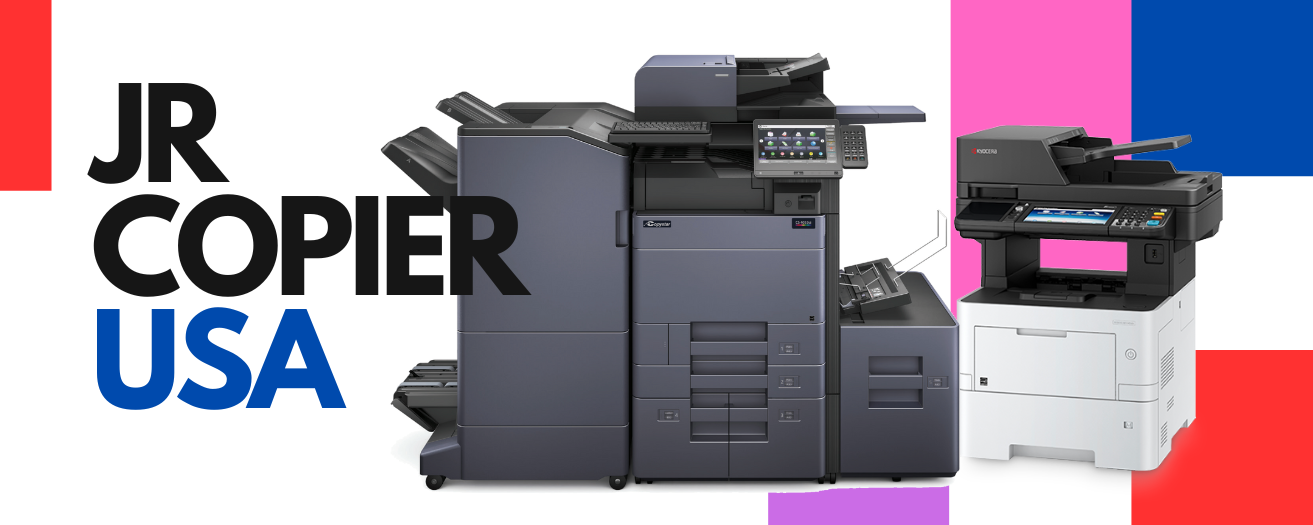

Factors to look at when buying copiers and MFPs:
Upgrade or extend rental period as needed
The shortest time between 1-3 months
Customer reviews and ratings are available online.
Test equipment before purchasing.
For businesses and organizations needing new document imaging equipment like photocopiers and multifunction printers (MFPs), there are three main acquisition options: leasing, renting, or buying.
Get a discount on your purchase or ask about financing options
Use dust covers and clean spills immediately
Compare lease terms, SLA, and costs
The following are some of the benefits that you can get from buying a copier or printer:
Fill in a temporary equipment gap or a need for coverage
Taxes, insurance, and other costs
Add capacity to a peak period
The maximum monthly print/copy volume is allowed; any overages will cost you more.
Costs to upgrade or replace a system in the future
Buy a MFP or a Copier: Tips and Tricks
Key Differences Between Leasing and Buying
Important Lease Considerations
Leases allow for easier upgrades; purchasing makes upgrades more complicated and expensive
Purchasing copiers, printers, and MFPs outright is another avenue to acquire the equipment your business needs. Buying provides long-term ownership and control over the assets.
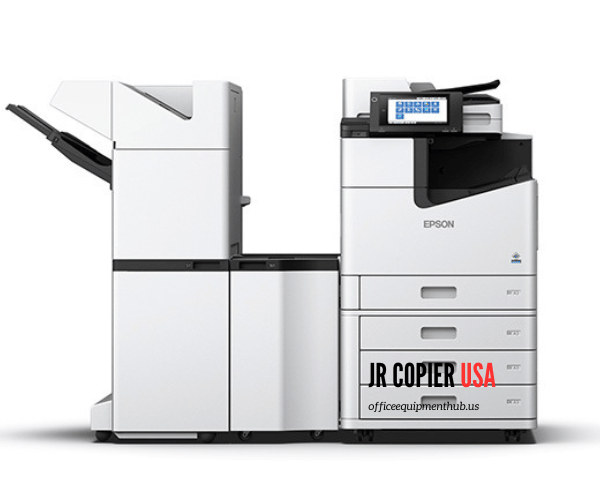
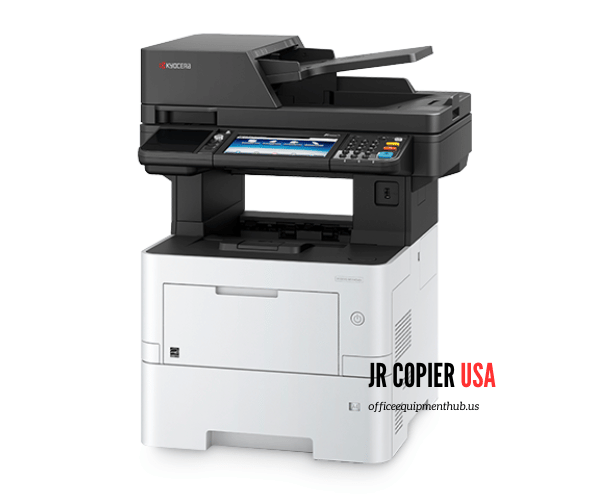
Some of the key differences between copier/printer leasing versus buying include:
Reasons companies rent copiers or MFPs short-term:
Request quotes from at least two authorized dealers
Contact lessor for maintenance, services, upgrades as needed
Capital is not required to be invested in large amounts
Reduce costs for short-term needs
There are three options for businesses and organizations that need new document imaging equipment, such as photocopiers or multifunction printers, to consider: leasing, buying, and renting. There are pros and cons for each approach, depending on factors such as costs, equipment requirements, usage levels and long-term objectives.
Leases are not recurring.
Maintaining your leased/purchased copiers
Monthly lease payments
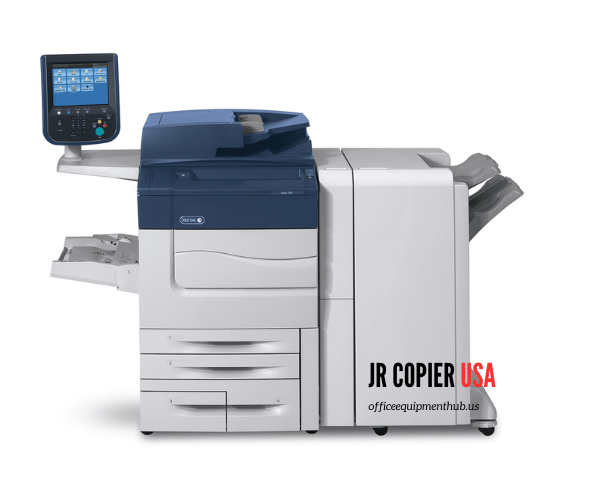
Contact your lessor if you need maintenance, upgrades, or services.
Lease term length - usually 3-5 years, but can be shorter.
Build business equity through owned equipment
Equipment delivery, installation, and training included
The ideal lease fits your current and projected usage levels while providing the services and capabilities needed by your business. Work with a knowledgeable authorized dealer to structure the right lease agreement for your environment.
Maintenance/service charges over the term
Remember to recycle and dispose of end-of life products
What are the terms of end-of-lease? What are the costs involved?
Considerations to consider when buying a copier
Cleaning the scanning glass and rollers is recommended on a regular basis.
Keep paper trays stocked and avoid overfilling
Leasing has become a popular acquisition option for many companies. With leasing, you pay a monthly fee which covers use of the equipment over a set contract term such as 3-5 years. At the end of the lease, you can return the equipment, buy it, or trade it in towards a new lease.
Monthly Duty Cycle - Total recommended monthly print volume
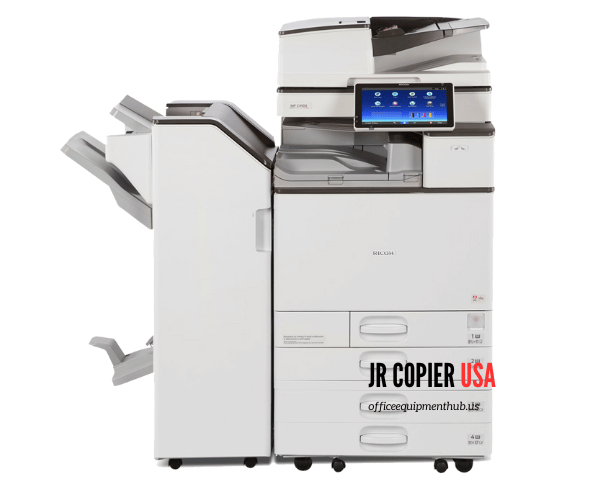
Leasing provides budget flexibility, access to advanced technology, tax advantages, and eliminates the hassle of equipment disposal.
The best choice depends on your specific requirements. Evaluate factors like budget, usage volume, and desired features to determine if leasing, purchasing, or renting is ideal.
Assess your usage, budget, and service requirements. Read lease terms carefully, negotiate when possible, and choose a reputable leasing company.